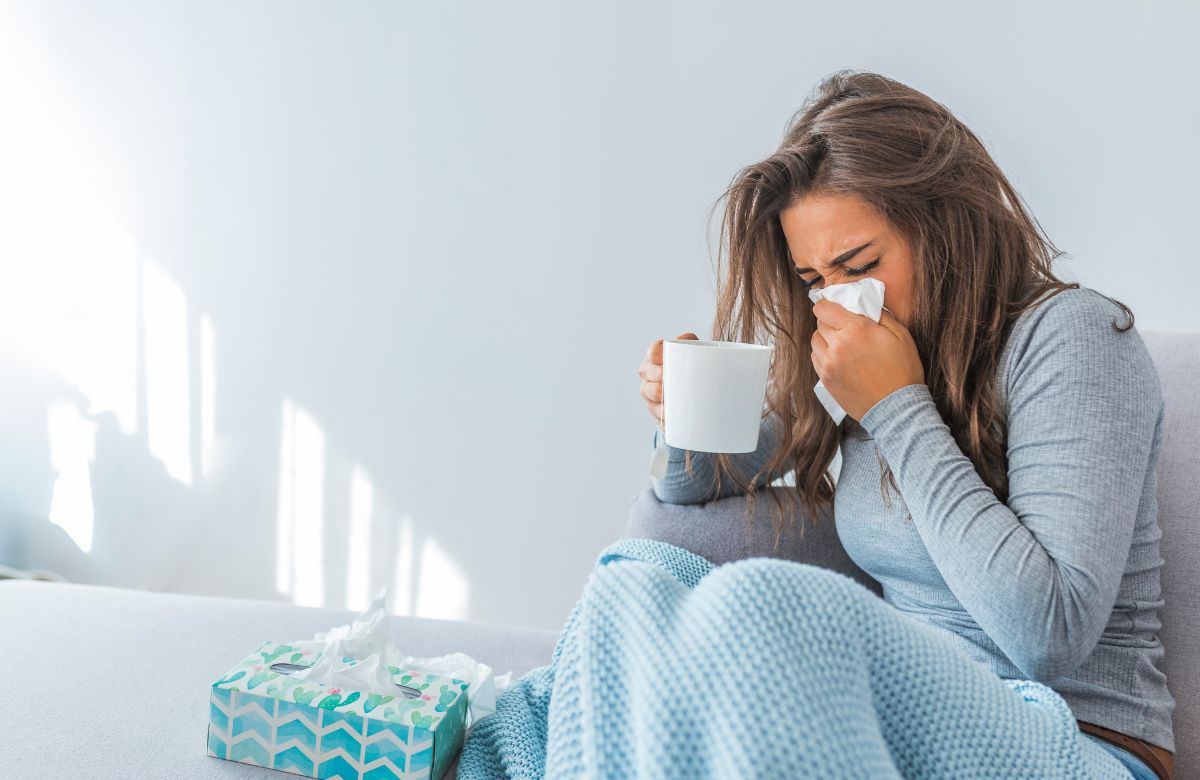With the arrival of the monsoon, there has been an increase in instances of respiratory virus infections, diarrhoea, and stomach diseases. The monsoon season is a time of joy and celebration for many people around the world. However, it can also be a time of increased risk for illness. Some health precautions for the monsoon season is essential.
Monsoon Diseases Are On The Rise

From respiratory infections with cough, cold, and wheezing symptoms to gastrointestinal tract-related infections, diseases are slowly picking up. Food-borne stomach illnesses and gastroenteritis are widespread during the monsoon due to the impact of heavy rains and waterlogging on water quality. There is also a rise in cases of gastro infection like loose motions and vomiting.
The monsoon season can have several different effects on fever. For example, high humidity levels can make it more difficult for the body to cool down, which can lead to an increase in body temperature. Additionally, the increased rainfall can lead to flooding, which can contaminate water supplies and increase the risk of waterborne diseases.
These cases of watery diarrhoea and vomiting may be accompanied by fever, nausea, and abdominal pains, leading to dehydration. It’s best to consult a doctor if you have a high fever, blood in your stools, dehydration symptoms including dry lips, little or no urine, extreme weakness, or lightheadedness.
Also Read: Ahmedabad Has A Kadhi Wali Pani Puri! Is This The New Monsoon Snack On The Block?
Necessary Monsoon Health Precautions To Take

As a result of these factors, the monsoon season is a time when the risk of fever and viral infections is increased. Here are some simple precautions that you can take:
- Eat a healthy diet: Eating a healthy diet will help to keep your immune system strong. Make sure to include plenty of fruits, vegetables, and whole grains in your diet.
- Avoiding contact with mosquitoes: Mosquitoes are the main vector for many of the diseases that are common during the monsoon season. To avoid contact with mosquitoes, wear long sleeves and pants, use insect repellent, and sleep under a mosquito net.
- Get enough sleep: Getting enough sleep is essential for good health. During the monsoon season, it is important to get at least 7-8 hours of sleep per night.
- Eat clean and cooked food: During the monsoon, the risk of food contamination increases. Consume freshly cooked food and avoid raw or undercooked meats, salads, and street food. Ensure that fruits and vegetables are thoroughly washed before consumption.
- Maintain personal hygiene: Keep yourself clean and dry to prevent fungal and bacterial infections. Take showers regularly and dry yourself thoroughly, paying attention to areas prone to moisture, such as between your toes and underarms.
What are some other essential precautions for the monsoon that you take?
Cover image credits: Canva
First Published: July 12, 2023 4:00 PM



